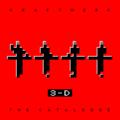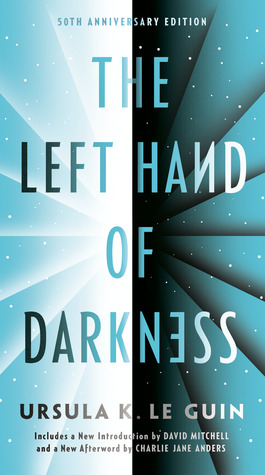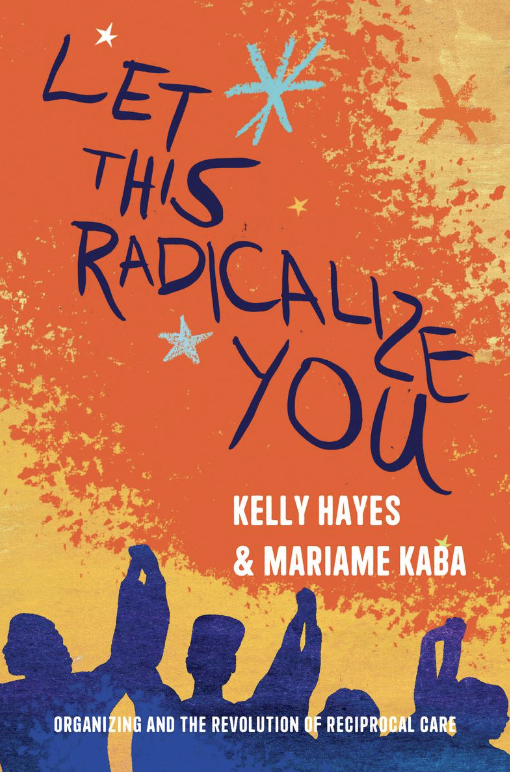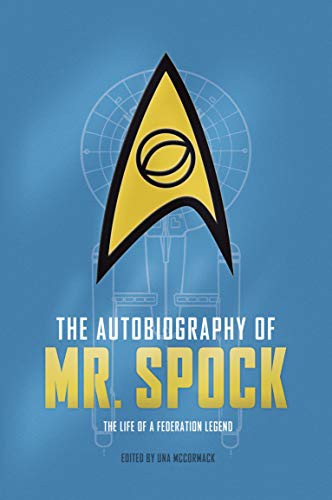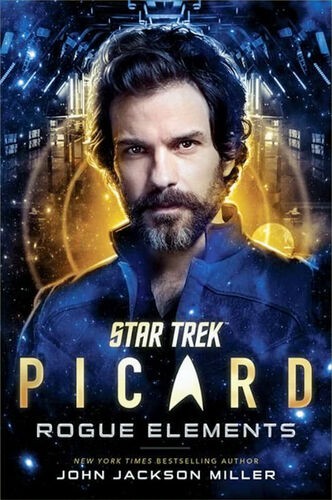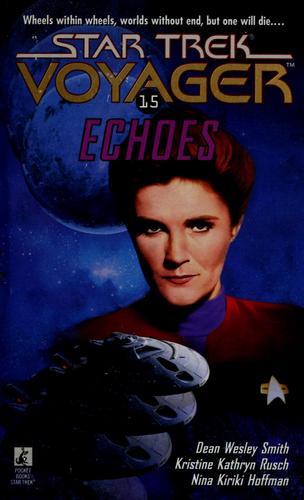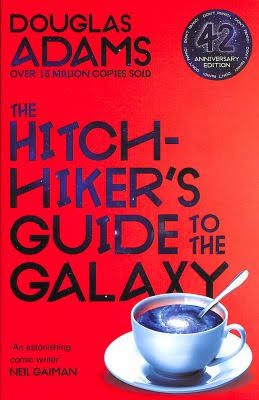Jean-Luc Mélenchon, the de facto leader of the French left, is an unconventional politician in nearly every way. During his presidential campaigns and other rallies, he has taken time to speak on such disparate subjects as water shortages, light pollution, open-source AI, and "nationalizing time", all in a surprisingly compelling way. Here he presents a broad collection of his unconventional observations, and he synthesizes them into a new political theory - one that leads to much of the same policy platform as other leftists, yet diverges significantly from the traditional Marxist, anarchist, and social-democratic frameworks.
He begins by showing that capitalism is unsustainable and environmentally destructive, through the colorful metaphor of the "rhythm of nature" clashing with the "rhythm of capitalism", and then lays out an argument that neoliberalism inevitably leads to authoritarianism. Most of the book is spent on a variety of data and anecdotes to demonstrate this point, and towards the end, I found myself waiting for the "good part" of the book (his theories, and ideally a part that wouldn't feed my despair), but this is important groundwork for his theory, and I learned quite a bit from it.
He then argues that there is a new class conflict - that we are past the era of "bourgeois" and "proletariat" - and our global interdependence combined with the threat of climate change has lead to the emergence of a general human interest that is in conflict with the interests of the oligarchy. This is a more philosophically worded version of left-wing populism - it's "us vs them" (he even uses that phrasing), where "them" refers to the ultra-wealthy and the powerful. There are certainly advantages to this framework - for example, it helps explain why left-wing politicians find their most natural base in urban service workers, even though their theory is usually more oriented toward the interests of industrial workers. But Mélenchon largely glosses over the still-ongoing conflict between workers and owners, and this leads to problems for his theory going into the following section.
The most contentious section of this book, at least for me, is on what he calls "the citizens' revolution" - the new form of revolution that he believes will end capitalism. These are not revolutions of the working class against the owning class, but revolutions of a broad mass of the people against the current rulers. The examples he gives of citizens' revolutions include Occupy Wall Street, the Yellow Vests movement, and the Tunisian Revolution, the latter two being his main focuses. Nearly all of his examples are typically described as protest movements, and not revolutions, because they usually lack the political ambition to overthrow the government.
In analyzing why these movements rarely go all the way, Mélenchon breaks these movements into three stages: "instituent" (identity-forming), "destituent" (insurrectionary action), and "constituent" (building new institutions and calling a constituent assembly). He states that many of these movements break up during the destituent phase, either after a perceived victory or a major loss, and fail to move on to that last phase; sometimes, they even fail to move past the "instituent" phase. But he doesn't seem to have a clear answer as to which limitations of these movements cause them to fail to advance in this way. Earlier in the same section, he points out that these movements often build consensus by avoiding addressing controversial topics, and he defends this, but I'm surprised he doesn't see how the lack of a political platform beyond "out with the dictator" is one reason why movements fail to advance through all three stages. He also fails to address the issue that even those "citizens' revolutions" that succeed in strengthening democracy, such as the one in Tunisia, have not ended capitalism, or even weakened it. While I share Mélenchon's intuition that the left needs a new (or at least updated) framework to resist modern neoliberal globalized capitalism, rather than relying on the Marxist framework of the industrial era, the older framework still holds the advantage in terms of its ability to meaningfully resist capitalism.
After laying out his political theory, he concludes the book with a chapter on alter-globalism - the idea that globalization should occur, but on terms favorable to humanity as a whole, rather than merely favorable to wealthy capitalists. He also delves into the consequences of the emergence of a single human identity in place of national and cultural identities. It's a quite well-written chapter, but one that feels like an odd place to end such a far-reaching book.
Those criticisms aside, seeing as Mélenchon has been more successful at winning votes for the radical left than his equivalents in other first-world nations, I think we have a lot to learn from him. Even if many of his theories could use some work, his ability to synthesize so many disparate subjects, and his placement of populism on a strong intellectual foundation, should be an inspiration for leftists in the United States. Far from a typical politicians' book, "Now the People" is best consumed as a work of philosophy or political theory. And if you find other works of political theory to be dry, "Now the People" will be different - Mélenchon has a highly entertaining writing style that strikes a balance between Carl Sagan's wonderment and Slavoj Zizek's eccentricity. As with all works of opinion, it must be approached critically, but it is certainly entertaining and informative.
